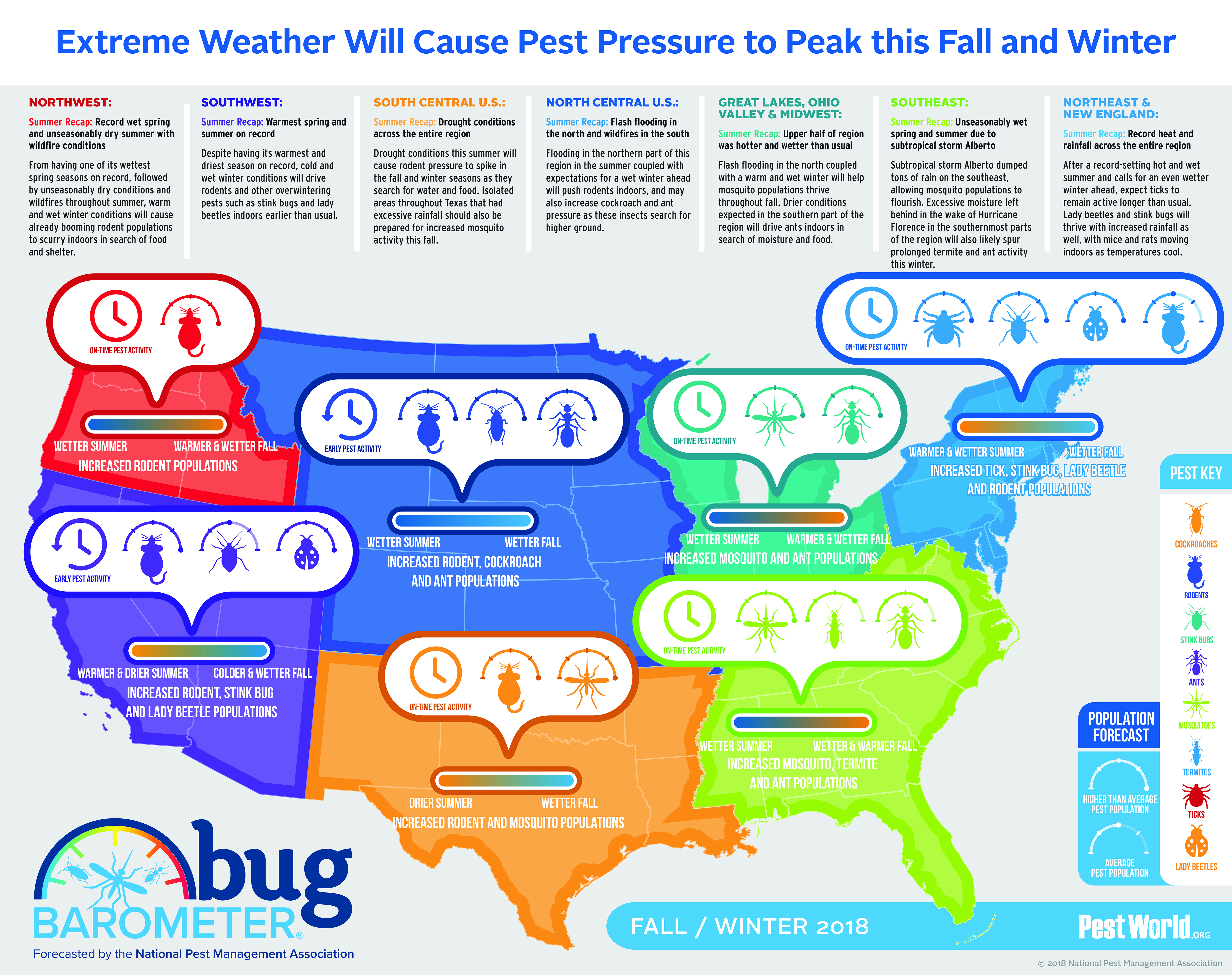Prepare To Turn Your Garden Into A Pest-Free Place Making Use Of These Creative Pointers And Methods
Prepare To Turn Your Garden Into A Pest-Free Place Making Use Of These Creative Pointers And Methods
Blog Article
Published By-Vang Merritt
Picture your yard as a haven, an area of serenity and beauty. However, the presence of outside bugs can quickly disrupt this ideal image. What happens if there were basic yet reliable methods to keep these unwanted site visitors away and secure your yard oasis? By following a few functional pointers and carrying out natural approaches, you can develop a harmonious outside room where your plants can flourish undisturbed.
Natural Pest Deterrents
To keep parasites far from your garden normally, plant aromatic herbs like mint and lavender. These fragrant plants not only add charm to your yard but likewise act as effective pest deterrents. Pests like insects, flies, and even some garden-damaging insects are repelled by the solid aromas given off by these herbs. Merely positioning them purposefully around your garden can assist develop an all-natural barrier against unwanted bugs.
Along with mint and lavender, take into consideration planting various other natural herbs like rosemary, basil, and lemongrass to even more improve your yard's pest-proofing abilities. These natural herbs not only serve as natural repellents however also have actually the included advantage of serving in cooking or crafting self-made solutions.
Strategic Plant Placement
Think about the design of your yard and the sorts of plants you need to strategically position them for maximum pest-proofing performance.
Start by grouping white termites with similar resistance to pests with each other. By doing this, you can produce an all-natural obstacle that prevents pests from spreading out throughout your garden.
In addition, putting pest-repelling plants like marigolds, lavender, or mint near more prone plants can aid protect them. Tall plants, such as sunflowers or corn, can function as a guard for much shorter plants versus pests like rabbits or ground-dwelling insects.
Remember to leave adequate area in between plants to improve air circulation and minimize the threat of diseases that pests could carry.
Additionally, think about growing strong-smelling herbs like rosemary or basil near susceptible plants to perplex insects' senses and make it harder for them to situate their targets.
Efficient Insect Control Techniques
For combating garden bugs properly, carrying out a multi-faceted bug control strategy is vital. Begin by encouraging all-natural killers like birds, ladybugs, and praying mantises to help maintain parasite populations in check. Introducing plants that bring in these useful pests can assist in bug control. In addition, practicing good garden hygiene by eliminating debris and weeds where insects could hide can make your garden much less hospitable to unwanted visitors.
Consider utilizing physical obstacles such as row cover materials or netting to protect prone plants from bugs like caterpillars and birds. Applying natural chemicals like neem oil or insecticidal soap can also be effective versus specific bugs while being much less dangerous to advantageous bugs and the setting. It's crucial to revolve your plants each period to prevent the accumulation of pest populaces that target specific plants.
Frequently evaluate your plants for indications of bug damages so you can act immediately. By combining these methods and remaining vigilant, you can effectively manage garden insects and enjoy a growing, pest-free garden.
Final thought
So, there you have it - with the ideal approaches, you can maintain pesky outside parasites away from your yard and help your plants prosper.
Did you understand that planting mint has been revealed to drive away insects and various other bugs, minimizing the requirement for dangerous pesticides by approximately 60%?
By incorporating all-natural deterrents and smart growing methods, you can produce an attractive and pest-resistant garden sanctuary for you to delight in.
